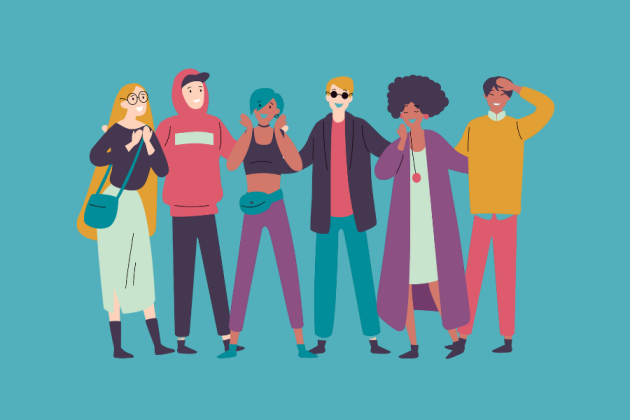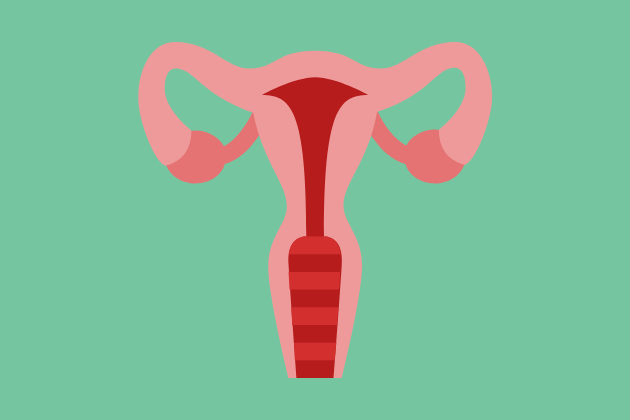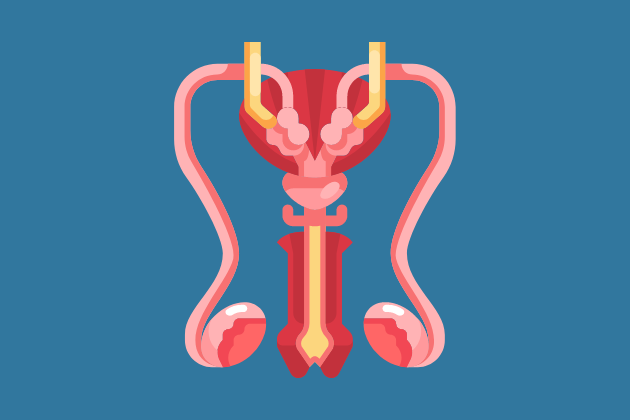
Puberty comes with physical, emotional, and social changes. Puberty often starts between 8 and 13 years old, but for some it happens a little earlier or later. There’s no single “right” time to hit puberty. Everyone’s body, mind, and circumstances are different and will change at their own pace.
Puberty can bring on a range of strong feelings, including excitement, confusion, and fear. Being aware of what to expect and how to deal with various changes can help navigate this time in your life.
What Happens During Puberty
Puberty happens when your brain sends a message to your glands to start producing the types of hormones that will make you grow, mature and change into the adult version of yourself. Testes start producing hormones like testosterone, while ovaries start producing hormones like estrogen. Those are the hormones that cause most of the bodily change as we grow up.
If you have ovaries, increased levels of estrogen may lead to the development of breasts* and your body shape may change, getting more rounded with your hips widening and/or your waist getting more defined. If you have testes, increased levels of testosterone may lead to the growth of facial hair, the development of the Adam’s apple and your voice cracking as it begins to deepen.
During puberty, you will also experience some growth spurts that will get you to your adult height. Hair may start to grow in your genital area and armpits. The hair on your arms and legs might get thicker and more noticeable. Your skin might get oilier, leading to break-outs or blemishes. This is also when you might start to notice that your sweat smells different, getting more musky.
Changes during puberty might feel embarrassing. Remember that lots of people around you either have or will experience similar changes. Everyone experiences puberty differently and no two experiences look alike.
Puberty While Trans and/or Non-binary
If you are trans and/or non-binary, puberty can feel like a really difficult time because suddenly, you are experiencing emotional and physical changes that might not feel aligned with your gender. Puberty blockers are medications that pause the hormonal process of puberty for people who are not ready for or don’t want the changes their body would otherwise go through. They can allow some extra time to make decisions about whether you might want hormone therapy in the future and prepare for the body changes that feel right for you.
While many people may think that your genitals indicate what gender you are, it’s more complicated than that. While many people may identify with the gender that aligns with the sex they are assigned at birth, that is not the case for everybody.
Crushes, Feelings, And Fantasies
During puberty, you may notice romantic or sexual feelings getting more intense. You might start to fantasize or dream about sex. Masturbation can be a great way of exploring sexual feelings and learning what feels good for you. Having these thoughts and urges are normal and healthy - you don’t need to feel guilt or shame for having sexual fantasies or pleasuring yourself.
Erections And Ejaculation
Erections are when blood fills up the sponge-like tissue in a penis*, causing it to stiffen. Erections or “boners” happen from birth and can occur during sexual arousal or sleep, and especially during puberty. Getting “random” erections during puberty is totally normal, and will typically happen less frequently over time. You may feel embarrassed or frustrated when having an unwanted erection, and that is totally valid. If that happens, consider sitting down until the erection passes, covering your penis with a backpack or jacket, or going to the bathroom to wait it out.
Ejaculation is when muscles contract to push semen out the tip of the penis. This usually happens during sex or masturbation, but can also happen during sleep, which is called a “wet dream.” This means you might sometimes wake up with some semen on your sheets or underwear. Ejaculation begins happening during puberty. Often ejaculation happens at the same time as an orgasm, but not always.
Click here to visit Teen Health Source for more information on puberty.
* Not everyone uses these words for their body parts or relates to them in the same way. We have used these words as they are commonly known and encourage you to use the language that feels best for you

